ID-5
Her words hung over the group with a sense of resigned finality. A pause. Then, a slow nod. “Come on,” the woman said. “I’ll walk you to the edge of the grid.”
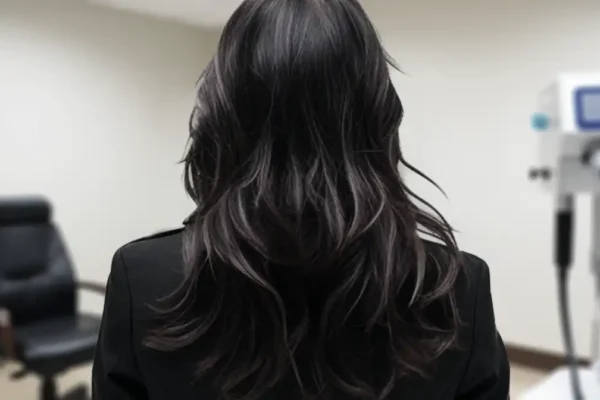
Her words hung over the group with a sense of resigned finality. A pause. Then, a slow nod. “Come on,” the woman said. “I’ll walk you to the edge of the grid.”
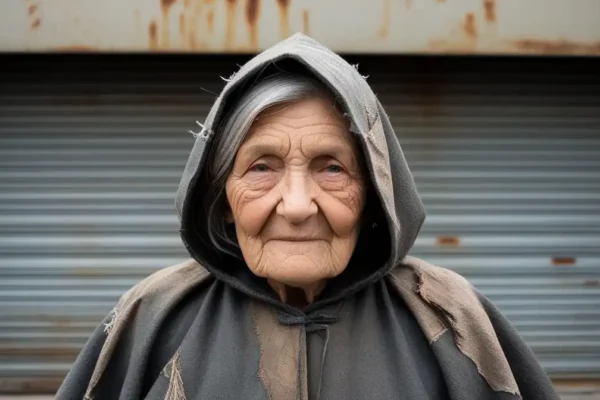
Her stomach groaned low and mean. Her lips were cracked. She hadn’t eaten in… what, 18 hours? More? Her throat was a desert. Every step felt heavier than the last. But it wasn’t just physical – it was the slow compression of knowing. She wasn’t going to make it.
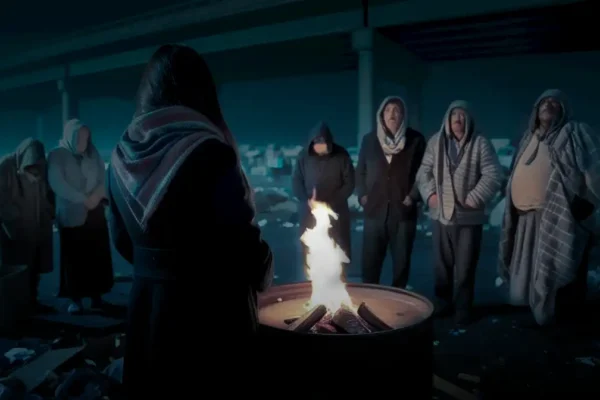
No phone. No implant. No home. Her apartment was a biometric vault. No keypad, no manual override. Even the building’s emergency access required verified ID. Her digital key had been tied to her phone, and now that was somewhere on the streets or hacked and resold by now. She couldn’t even buzz herself in. It was like her life had folded in on itself, encrypted. Leaving her locked out of her own reality.

Three days to become someone the world recognised again. Three days to choose. Her principles. Or her child. And the terrifying part was, she wanted both.

Her daughter was on the other side of that glass. They wouldn’t let her in. And she, no matter how fast she ran, no matter how hard she cried, was just a ghost without an ID. A nobody. A danger. A potential anyone. A malfunction. A broken node in the network of digital trust.

‘I consider Trial by Jury as the only anchor yet imagined by man, by which a government can be held to the principles of its constitution’ — Thomas Jefferson When our memories grow short, long-fought-for rights can easily be abandoned, once-valued principles all but forgotten.
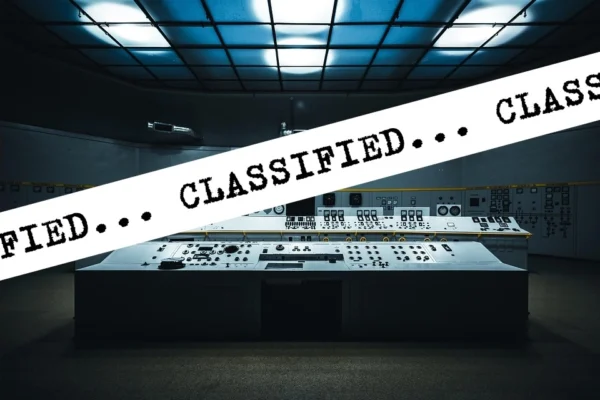
We can choose between a world where conspiracy theories allow us to wait passively for corruption to be rooted out by invisible actors or one where we become the peaceful agents of change allowing genuine activism to take centre stage, by addressing systemic issues through concerted grassroots efforts and informed civic engagement.
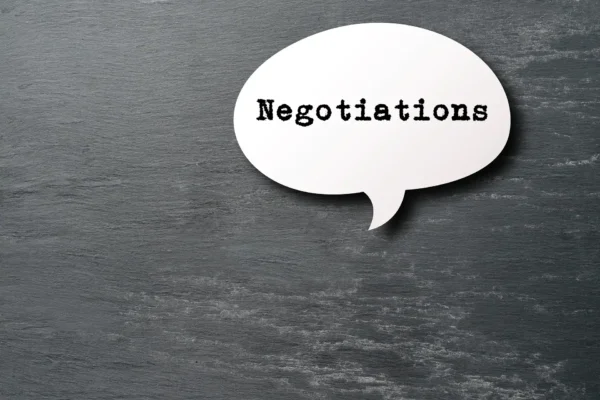
“What is the truth?” is the last thing most of us are expected to ask, or find out. What we are expected to *believe* is the truth is more easily found. And what we are to think and say about those who believe differently, even more readily still. As the old joke goes “The news used to tell us what happened, and we decided what to think about it, now the news tells us what to think, and we decide whether it even happened that way.”

Would it surprise you to know that choosing between left and right is not a real choice when you vote? Many people instinctively, or through experience, come to this realisation. Perhaps if we understood why our vote seems to do so little we might choose differently and could change politics wholesale. Your vote could make a difference, but only if you get beyond rhetoric and look instead at what is actually happening.

The disproportional relationship between the national share of votes and the number of seats won in the House of Commons has again come to the fore in the wake of the 2024 UK General Election. Is it time for our First Past the Post (FPTP) voting system to be replaced?